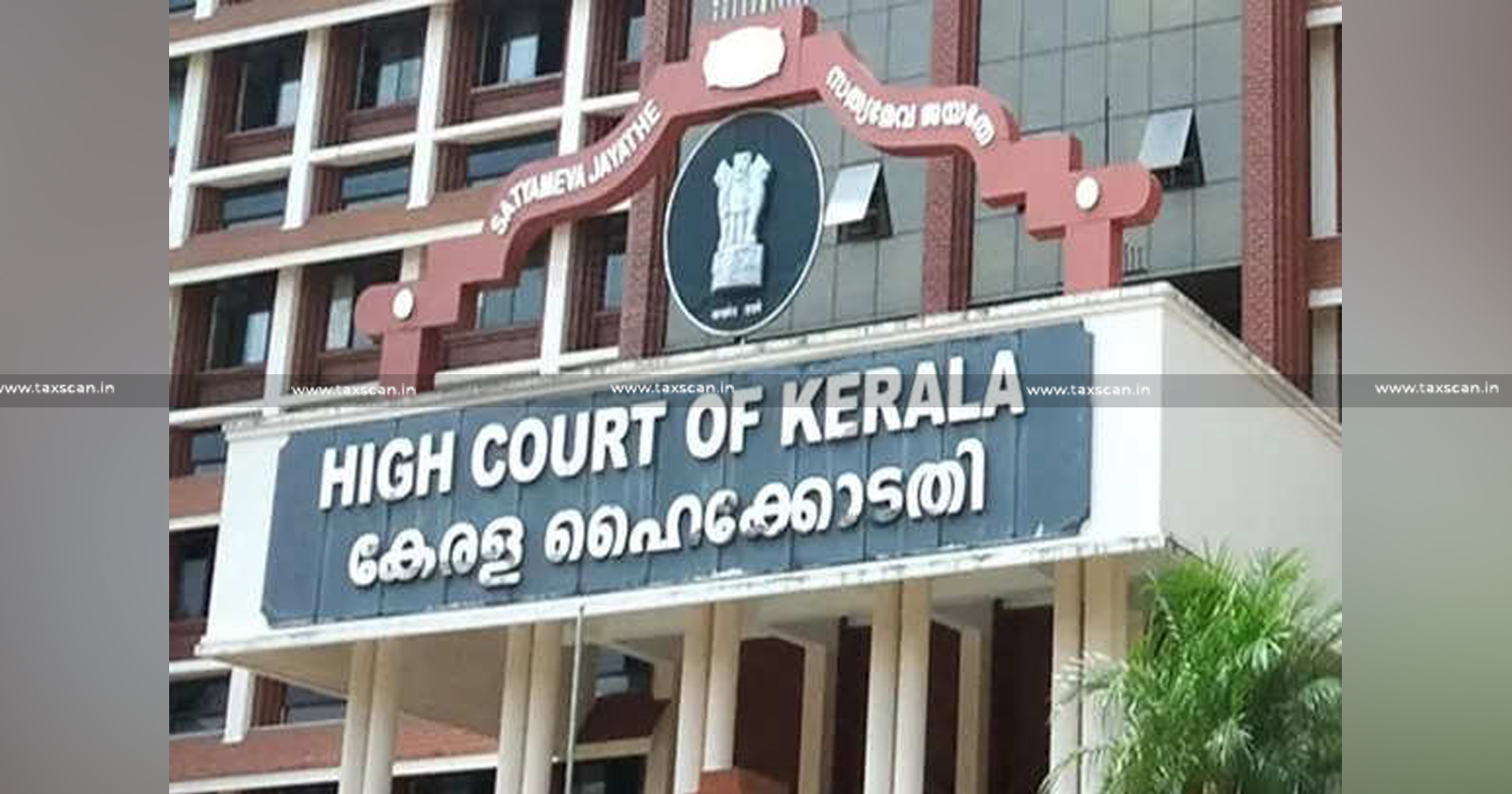Failure to Possess Valid Documents by Person in Charge of Goods would be Treated as Willful act of Tax Evasion: Kerala HC

A Single bench of Justice Dinesh Kumar Singh of Kerala High Court, while upholding the penalty imposed by the authorities has ruled that “in the absence of valid documents in possession of the person in charge of the goods would be treated as a willful act of evasion of tax.”
The present writ petition has been filed impugning penalty order passed under Section 129 of the Kerala Goods and Services Tax Act (KGST Act), 2017 read with Rule 138 and the Kerala Goods and Services Tax Rules made thereunder.
The Petitioner, E V M Passenger Cars India Pvt Limited, is the dealer of Volkswagen vehicles manufactured by Volkswagen Group Sales India Pvt. Ltd. It was submitted that for the smooth running of business we normally lift parts from Bangalore/Mumbai and Haryana Office.
The petitioner’s vehicle, carrying spare parts and two barrels of engine oil was intercepted by the GST officers. On verification, it was found that documents prescribed under Section 129 of the KGST Act read with Rule 138 of the KGST Rules made thereunder were not accompanied with the consignment.
Due to suspicions of tax evasion, a notice asking for an explanation was sent to the owner of the goods using the vehicle's driver as the intermediary. In reply to the SCN, the petitioner submitted that “as a huge tax payer and with all relevant documents submitted to your office on yesterday and the subsequent conversation with AC (Intelligence) and DC (Intelligence), we were able to prove the genuinity of the transaction and it was confirmed by the DC Intelligence that can be released if online E-way bill of the entire invoices raised on the consignment.”
While the Show Cause Notice was awaiting adjudication, the petitioner or dealer initiated W.P.(C) No.7877 of 2018 in this Court. The same Court, through a judgment dated March 12, 2018, resolved the writ petition by instructing the adjudication authority to conclude the adjudication process for the Show Cause Notice as per Section 129 of the Central Goods and Services Tax Act within seven days of receiving a copy of the judgment.
The adjudicating body, after scrutinising the statement provided by the dealer, along with a copy of the judgment issued by this Court in another writ petition filed in 2018 and following a fair hearing in accordance with the principles of natural justice, initiated the adjudication process. Subsequently, the goods underwent another inspection, this time in the presence of the dealer's authorized representatives.
It was further mentioned that “In the absence of valid documents in possession of the person in charge of the goods would be treated as a willful act of evasion of tax. If the vehicle was not intercepted and goods were not verified, it would have lead to the leakage or evasion of the revenue by the dealer.”
Upon examining the provided copies of the e-way bills and the declared transported goods, it became evident that the vehicle mentioned on the documents did not match the vehicle actually used for transportation.
As a result, the officers came to the conclusion that the statements made by the petitioner in response to the Show Cause Notice (SCN) were not authentic. The adjudicating authority held the belief that the dealer had failed to provide a satisfactory explanation for the discrepancy.
The High Court stated that “The taxing provisions have to be construed strictly. When the mandate of law is that the goods being transported must be accompanied with relevant statutory documents and if the goods are being transported without the relevant statutory documents, the consequences would follow.”
The Show Cause Notice was adjudicated and the tax is single GST of Rs.1,20,000/- (Rupees One lakh twenty thousand only) with same amount of penalty and twice the assessed amount as penalty was imposed by the impugned order.
Taking into account the guidelines outlined in Section 129 of the KGST Act, 2017, along with Rule 138 of the KSGT Rules established under it, and considering the specific circumstances of this case, the Kerala High Court determined that there is no need to intervene in the challenged decision that imposed the tax and penalty. Consequently, the writ petition was not successful and was dismissed.
To Read the full text of the Order CLICK HERE
Support our journalism by subscribing to Taxscan premium. Follow us on Telegram for quick updates
M/S. EVM PASSENGER CARS INDIA PVT. LTD vs STATE OF KERALA , 2023 TAXSCAN (HC) 1392 , Heard Ms. Latha K , Ms. Reshmita Ramachandran

